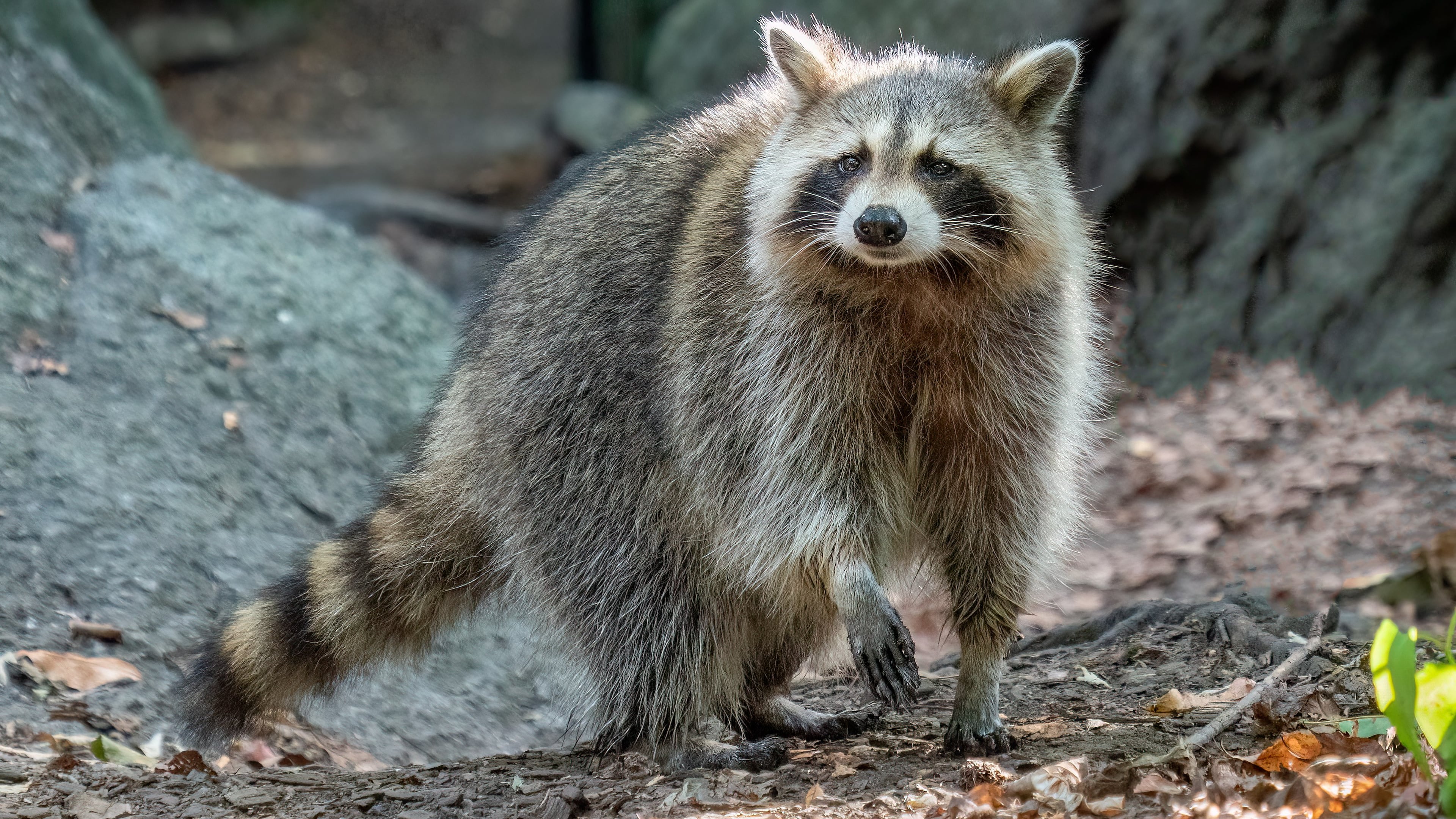Wild Georgia: Having wild animals as pets is illegal

I ran into an old acquaintance the other day in Hall County, and she kindly invited me to come see “her wildlife,” including a pet raccoon and a small herd of deer that she said she feeds daily in her backyard.
I politely declined her kind invitation. As gently as I could, I explained that keeping native wild animals without a permit is illegal in Georgia. Also, feeding wild creatures, though not unlawful in general, is highly discouraged because of the serious problems it poses for wildlife.
By Georgia law, most species of native wildlife — including raccoons, squirrels, opossums, rabbits, foxes, chipmunks, deer, snakes, turtles, birds and many others — cannot be held without special permits from the state Department of Natural Resources. Such permits may be granted to researchers and animal rehabilitators, but are never issued to individuals wanting to keep native creatures as pets.
If there is any doubt about the legality of possessing any species, contact the DNR’s Special Permit Unit at 770-918-6408.
On the other hand, simply feeding most native wildlife is not illegal under state law. (Two exceptions are black bears and alligators, which cannot be fed legally without a permit.) However, many public lands, including national parks, national wildlife refuges and others in Georgia, have their own strict rules forbidding wildlife feeding. So do some Georgia cities and counties.
But whether wildlife feeding in an area is unlawful or not, wildlife experts plead, don’t do it. Feeding wild animals is harmful to the creatures as well as people. For one thing, feeding animals can cause them to lose their fear of humans and make them aggressive and a nuisance. Also, it can make the animals dependent on handouts and cause them to stop foraging on their own.
No one, though, is calling for a halt to the most common type of wildlife feeding — backyard bird feeding. Thousands of Georgians do it, including me.
IN THE SKY: From David Dundee, Tellus Science Museum astronomer: Autumn officially begins Saturday (Sept. 23). The moon will be full on Friday (Sept. 29) — the famed Harvest Moon. Venus is low in the east just before dawn. Mars is very low in the west at dark. Jupiter is in the south at dark. Saturn rises in the east around sunset and is up almost the entire night; it will appear near the moon Tuesday night.
Charles Seabrook can be reached at charles.seabrook@yahoo.com.

